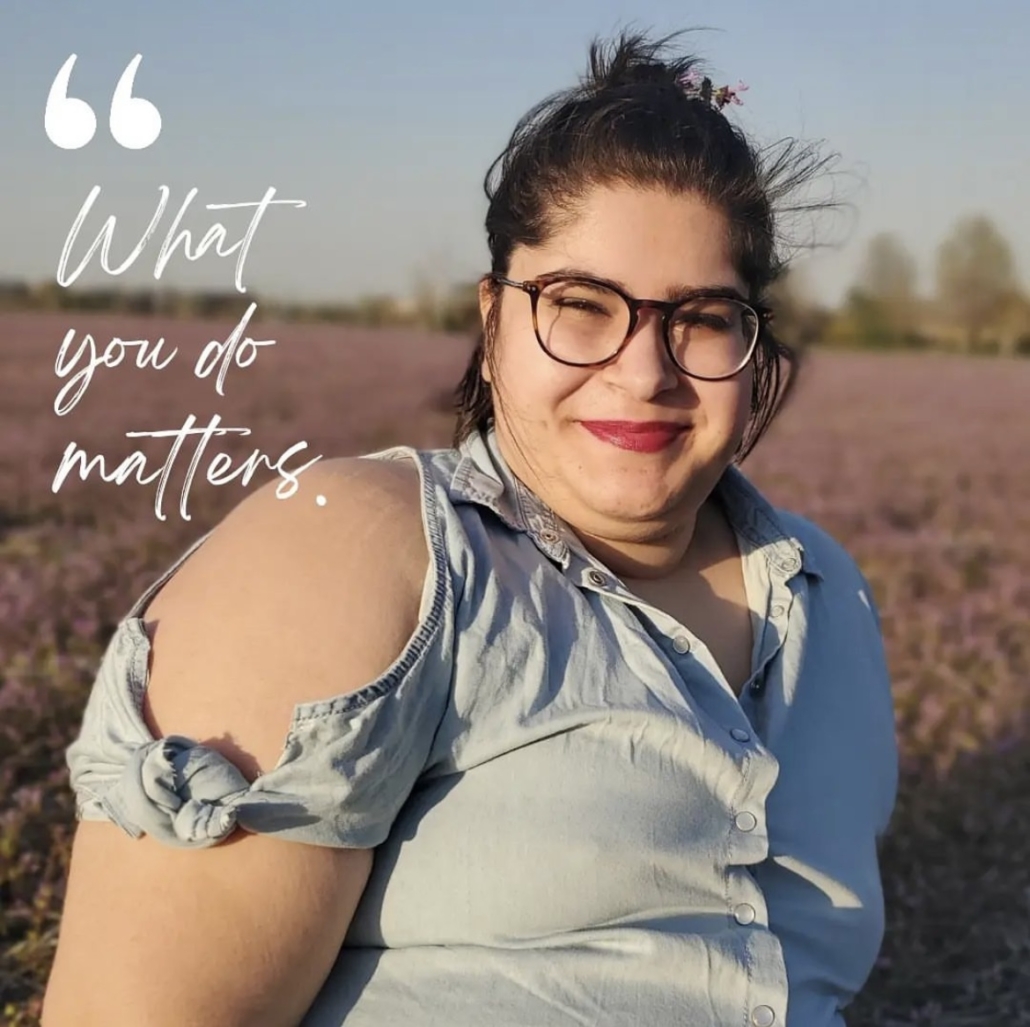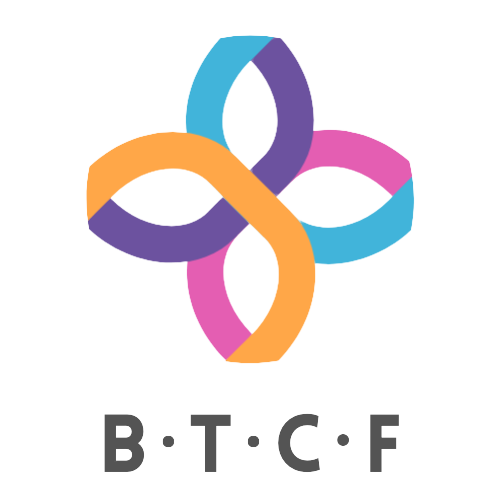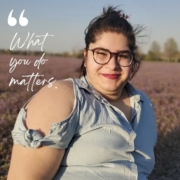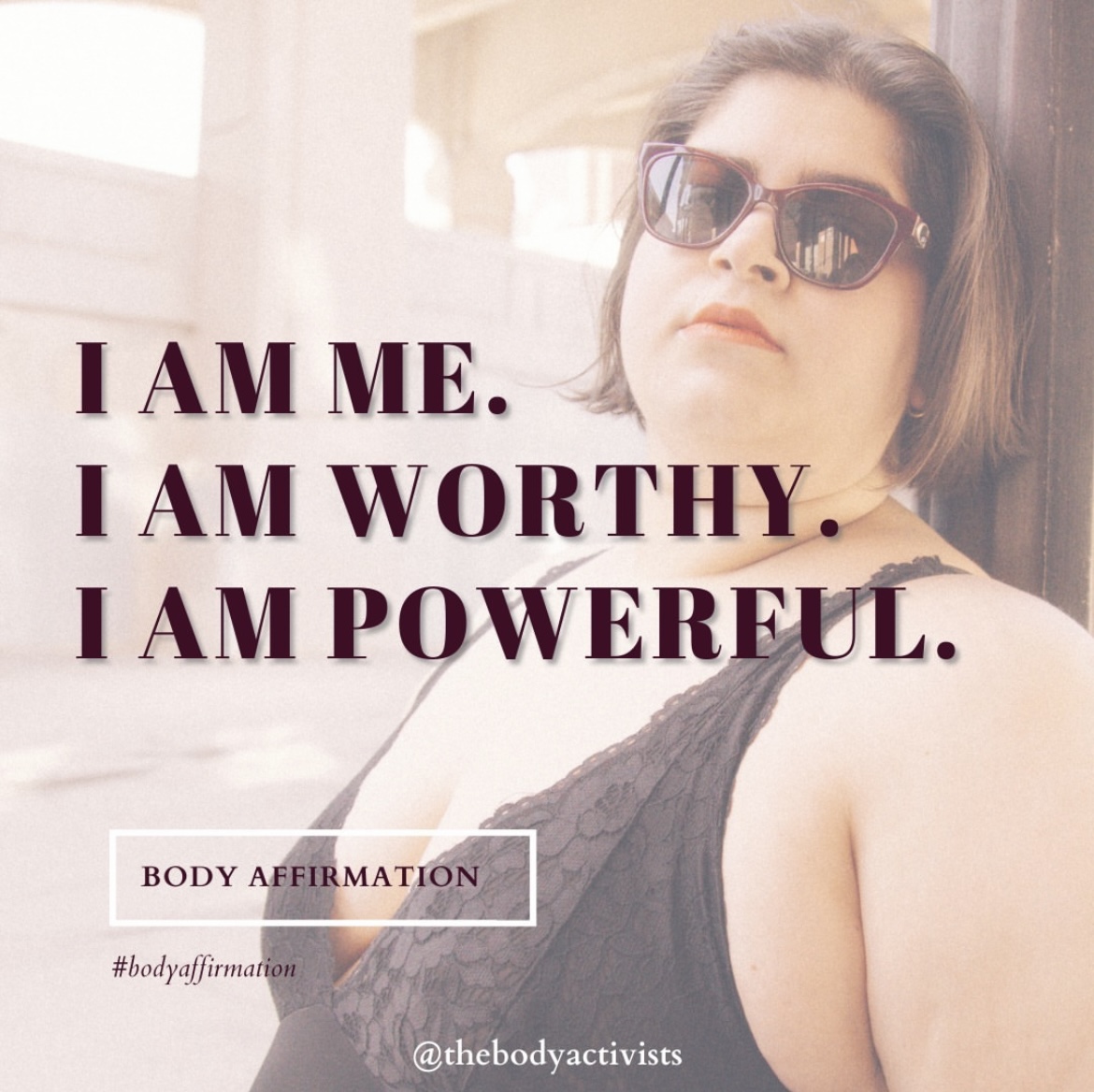An Interview With Serena Nangia
“It is unacceptable that eating disorder recovery has become a luxury for the privileged few.” — Rebecca Eyre | Project HEAL CEO

AN INTERVIEW WITH SERENA NANGIA
BTCF: The work you do is inspired by your own personal story on the behalf of your younger sister. Can you share a little bit about this?
Serena: When I was 17 years old, I found out that my 14-year-old sister, Ellen, had an eating disorder. At 17, most people are unable to identify an eating disorder, let alone know how to help someone in the throes of one, and I was certainly no exception. It took months to find meaning in what I was seeing her go through. I noticed her abnormal eating behaviors, overly self-deprecating attitude, and her over-exercising. Though I was mature for my age, knew what an eating disorder was, and had parents who were both healthcare practitioners, I still had no idea how to help my sister.
After months of confusion and talking to my parents, I eventually found out what was truly going on. Over the course of her eighth-grade year, Ellen had developed an eating disorder and was suffering substantially from the short and long-term effects of it. The truth is, though, that I never truly understood what that meant until I left the thick-of-it-all.
It was only in 2021 that Ellen and I sat down and had our first deep conversation about the hellish year that was 2016. Parallel to the development of Ellen’s eating disorder, our family survived a year of having our mother in and out of the hospital, of which she spent 180 days in “Progressive Care” (aka the part of the hospital that was not technically the ICU but also wasn’t not the ICU). Ellen and my two other siblings were freshmans in high school, and I was a senior graduating that May. Ellen and I agreed – we were on the struggle bus: externally a bright yellow school bus, internally a white-walled and fluorescent-lit hospital room.
Ellen told me during our discussion that she began seeing an outpatient dietician in 2016 while also going to the child psychologist she and I had both been seeing for years. The trauma of 2016, alongside the moments of Ellen’s struggle and gradual healing, soon launched my now-decade-long pursuit to help people like Ellen identify and heal from their eating disorders. I also identified some of my own struggles and began fighting fatphobia, which I believe is one of the main systemic causes of eating disorders.
BTCF: As your journey continued to learn more about disordered eating and eating disorders, a high school club called REbeL was instrumental in changing the course of where you were going. Can you explain what REbeL is, its mission, and how it helped you?
Serena: Between 2014 and 2016, I was a part of a high school club called REbeL. REbeL was a peer education nonprofit with the mission of creating an environment among youth that builds self-esteem and confidence. It taught about disordered eating, body image issues, media literacy, self-image, societal beauty standards, and ways to disrupt detrimental public discourse around bodies, among other things. It was a student-led, research-driven organization that encouraged students to do their own research, use peer-reviewed research that was provided, and express their lived experiences as teenagers in their bodies on a daily basis. We talked about the stresses of high school, judgment from parents, comparing ourselves to others and our siblings, and what positive body image can look like. Above all, we learned about self-worth and that our true worth was not based on what we looked like, no matter what society tried to make us believe.
REbeL played a crucial role in building my personal body image and my identity as a whole. I was a lonely teenager with steadily declining self-esteem. The more years that passed without being asked out or having a date to school dances, the further my self-worth plummeted. When I joined REbeL, I was deeply involved in extracurriculars and externally seemed to fit in, but on the inside I felt alone, depressed, and unlovable. Ten years later, those deep-seated feelings of unworthiness still exist, but REbeL served as the first disruptor of those feelings and the first place I learned tools to reframe my feelings about myself. I learned to trust in myself, my feelings, and the needs my body expressed. I ate when I was hungry and stopped when I was full. I discovered plus-size models and influencers, found solace in my friends who were also in “plus-size” bodies, and felt at home in my body for one hour a week for the first time since I was very young. I believed in myself and was spurred to share with my peers that these feelings were possible. It was possible to feel worthy. My proclivity to activism blossomed in those years.
REbeL was also the main reason why I could identify an eating disorder in my sister as early as I did. It shows me, now, how important education and early intervention can be. My sister was sick, but she did not get as sick as she could have without my family’s knowledge of eating issues. I am thankful every day for REbeL because it brought me closer to my own body – but especially because it brought me closer to my sister.
BTCF: Can you speak to your own body image story and how that has contributed to the work you do today?
Serena: As a young girl, I grew up outgoing, anxiety-ridden, and friends with everyone. I think about what my body did for me and what it did not. I had multiple surgeries and medical procedures before I turned 12, including an MRI for my head, a tonsillectomy, an appendectomy, and more blood draws than I can remember. As I unpack my negative body image, I am working through the distrust I’ve had in my body for two decades, caused by sicknesses and pain.
From the age of 10 when I got my first training bra to my senior year of high school, my body image journey went up and down like an ECG heart monitor line. I experienced body euphoria, discomfort, hatred, distress, happiness, calm, and everything in between. As I started gaining weight and growing bigger than my peers, the uncomfortable days were more often. I slowly began ignoring my body, not thinking about what it looked like. My priorities shifted as I faced my first discernable bout of depression. I lost interest in all things, not only how my body looked. I barely cared whether I was alive or if I fit in. I determined that I would never fit in, that people would always see me as an outcast, and that my brain just worked differently than the other 13-year-olds’. My body lost meaning, and became something I walked the earth with, taking one begrudging step in front of another.
These feelings grew as I entered high school. I continued gaining weight and grew one bra cup size per year until I was 17. Despite my size, I didn’t feel better or worse than my peers – I just felt uncomfortable. Finding clothes had always been difficult for me, but now I had an adult plus-size woman-shaped body. I discovered that my body didn’t belong. I traveled to the back of Macy’s and Nordstrom and ventured into the old-lady dresses and weirdly lace and beaded tops. I went to Dress Barn, Lane Bryant, and Torrid – stores with plus sizes that I didn’t quite fit into yet – and was told that their clothes might be too big for me. I darted past Abercrombie, Victoria’s Secret, and any other store that I had previously cried in as I walked through the aisles and found nothing over a Size Large. Not belonging in clothes on the rack was the first experience as a person in a larger body I felt might be wrong and discriminatory. I didn’t know how common those feelings were, or how much bigger the issue was until I found out about Fatphobia in healthcare and the job market years later.
My body image improved greatly when I joined and was a part of REbeL, as I explained above, and when I went into college, it was generally positive. I did, however, start noticing more how Fatphobia showed up in my life as a Fat person. I was taught by many people, including Ivy Felicia and Isy Abraham-Raveson from YES! to Consent, about Fatphobia as a systemic issue. I started reading and researching and sharing what I found with others. In the last three years, I have presented multiple times on the issues of Fatphobia, Body Activism, and inclusivity regarding eating disorder representation to hospitals, eating disorder conferences, college classes, and more. I’ve also been lucky to speak publicly on Fatphobia in the press through my fulfilling job as Marketing and Communications Manager at Project HEAL.
BTCF: For those who aspire to do the kind of work you do, what are 3 tips you can give them?
Serena:
- Just start:
- Self-reflect
- Follow your heart (tune into your feelings)
BTCF: As the Marketing & Communications Manager for an eating disorder nonprofit, Project HEAL, can you share what Project HEAL does for those who don’t know?
Serena: Project HEAL is the leading eating disorder nonprofit in the U.S. focused on creating equitable access to eating disorder treatment. Known for its unique, urgently-needed programs, Project HEAL helps connect under-resourced people to eating disorder treatment at little to no cost. Since its inception in 2008, it has helped over 650 people access free eating disorder treatment through partnerships with treatment providers, insurance navigation support, free assessments, and cash assistance. Between 80-90% of people with eating disorders never access the care they need due to insurmountable financial and insurance barriers, in addition to pervasive systemic oppression and bias, and Project HEAL is on a mission to ensure that everyone has the resources and opportunities they need to heal.
BTCF: Who is your support system?
Serena: My family and friends are my support system. I am lucky to have my parents, grandparents, siblings, and many friends who support me on a daily basis. I’m an independent person and grew up isolating myself, but I have found a lot of comfort in actually confiding in and being helped by my loved ones like never before. It’s one thing to have a support system, but it’s another to allow them to support you. I’m working on that second one, but it’s getting easier every day.
BTCF: Can you share a little bit about your podcast, “The Body Activism Podcast”?
Serena: I started The Body Activism Podcast in 2021 when I wanted to share the conversations I was having every day with people outside of my inner circle. Since its conception in July 2021, I have released Season 1 and am planning on releasing Season 2 in the first half of 2023. Truly, the podcast began with a simple idea: to talk about the realities of what it is to live in a body in the 2020s. Conversations about bodies can be a lot. The wellness industry and diet culture make it almost impossible to decipher what is real and what isn’t. Additionally, research surrounding physical and mental health is constantly changing and feels inaccessible and incomprehensible to everyone who’s not an expert. With new developments also in experience-based conversations and dialogue, there is a great need for people to tell their stories and share their knowledge with the world. My goal is to harness all the noise and dialogue about the issues that matter around bodies and make it clear, deep, and thought-provoking. The podcast includes diverse voices, bringing guests from across the world and different industries, all with the goals of debunking commonly held myths, challenging stereotypes, and making conversations about bodies understandable to the everyday person.
BTCF: What are your favorite 3 personal self-care tips?
Serena:
- Treat yourself: When finances allow, I enjoy getting a massage or my nails done. This helps me focus on myself and allow myself space to breathe.
- Ground yourself: Somatic grounding (like taking a hot bath, deep breathing, and EFT tapping) is the KEY to me taking care of myself. Even when I don’t feel like it, I know grounding myself in my body will help me feel calmer and “at home” in myself.
- Do both: Balancing the amount of time I spend alone and with others is important for me. I struggle with depression and am also an introvert, so I often like to be alone and/or isolated. I balance this time by encouraging myself to spend low-key time with my friends and family who “feel like sunshine.” Doing both (spending time alone and with others) helps me stay balanced internally.
BTCF: Navigating through social media has the propensity to prompt stress, especially for our youth today. What some things that you would like to see change for the better on social media when it comes to body image?
Serena:
I’d like to see people post less highlight reels and more balanced content, including when they have their bad days and their regular days. This creates more normalcy around having bad and okay days instead of expecting ourselves to only feel great. I’d also like more people to diversify their feeds and follow people who are not like them. When we expose ourselves to people and things different from what we know, we can learn a lot and develop more empathy and joy around things that once brought us discomfort.
BTCF: Favorite movie and why?
Serena: The Devil Wears Prada. This movie is about losing yourself and finding yourself again. Andy’s character goes into the RUNWAY office believing she is enough and that she shouldn’t have to change to work there. She quickly loses her work/life balance, starts having relationship problems, losing weight to fit into designer outfits, and treating other people poorly. The conversation that has gone viral recently between Miranda and Andy ends with, “Oh, don’t be ridiculous. Andrea. Everybody wants this. Everybody wants to be us.” Andy then makes a choice to leave the fashion industry and repair the relationships in her life. There are many lessons to be learned here, but I also find many lessons to be learned from Miranda’s story arc. There is power and confidence in owning your work and being the best, but that doesn’t always bring respect. As a leader, I practice with compassion and see all people as human. As a person, I do the same. Holding the complexity of ourselves in both hands – selfish, power-hungry, empathetic, obstinate, compassionate, soft, emotional, and more than our work – is what being human is all about.
BTCF: Favorite song and why?
Serena: “Ophelia” by The Lumineers
Wesley Schultz is one of my favorite singers for the soul and grit he brings to The Lumineers’ music. He makes playful, joyful, and yearning lyrics sound dynamic and full of anguish through his singing. I love the “oh oh-phelia” part and how it bounces, and the music video is beautiful. It always cheers me up and makes me feel validated.






